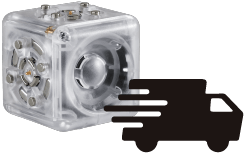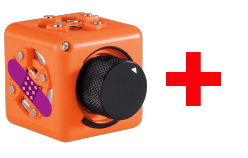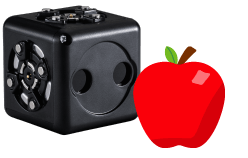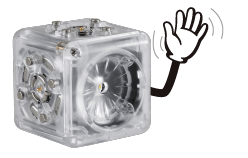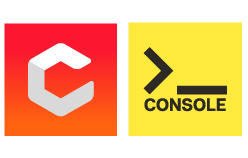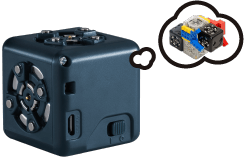We just had a two-day Modular Robotics retreat in the mountains. We skied on Wednesday at Winter Park, stayed in a big house in Fraser, cooked together, and spent Thursday working on strategy and planning.
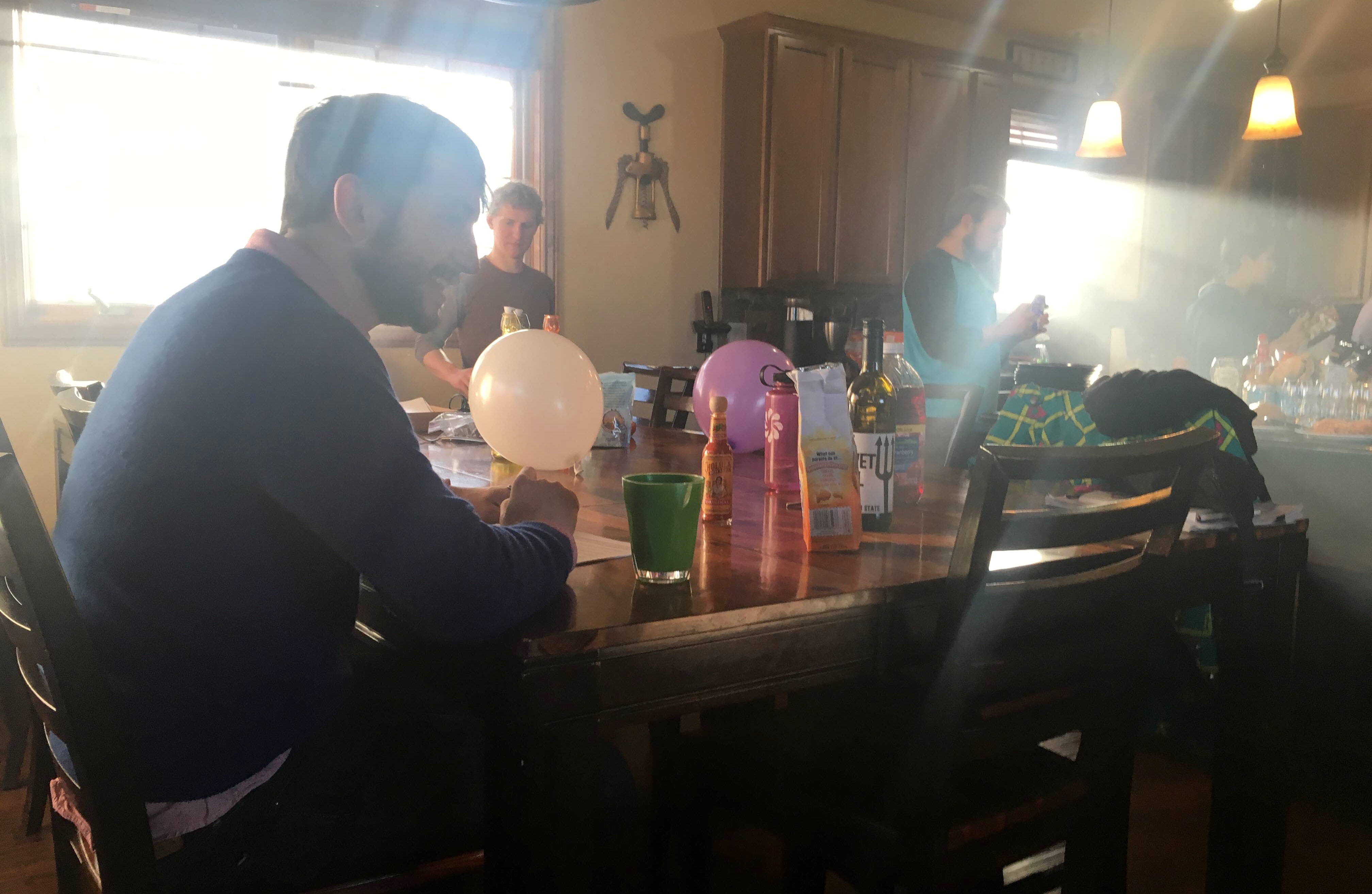
This year was different from last year; we brought all of the carpet people (carpet people are all non-elves) at modbot instead of a carpet subset. It was great: every time we take a day away we seem to make amazing progress. I started off Thursday with a little story about why I Modular Robotics and what gets me up in the morning and I thought I’d share it here too:
I’ve spent some time recently with my friends’ kid who is three years old. Her incessant “why” questions can often prove thought provoking. No matter how deep she digs, you can never tell a kid that something is just because it is. Although questions of fate and trajectory are interesting for adults to discuss, telling a kid that something happened because “it was meant to be” is just a cop out.
Her lines of questioning got me thinking deeply about why Modular Robotics?
Of course, that question has many answers. Because of luck, coincidence, being in a certain place at the right time, and because of a million books read, chance encounters, and free associations. But why am I doing Modular Robotics? is easier to answer.
I started and am running Modular Robotics because I want to give people tools that will help them think better about complex systems, emergence, and the ways in which the world really works. Why? Because better thinking about complexity will help us solve the world’s big problems.
I get frustrated sometimes not just by big problems in the world, but in our reaction to them. It feels to me like most of the time, our reaction (and probably, the way that we think) is often gross oversimplification. It’s an election year, for example, and if we think hard, we know that platforms and governance comprise an extremely nuanced and complex system, with thousands of interacting parts and conflicting aims. A glance at the news, however, paints issues in terms of black and white, red and blue, praise or outrage. Things are more complicated than that, and a failure or refusal to dig a little deeper and try to understand things a little better leaves us making bad decisions.
Consider social problems, mass shootings for example. It’s universally recognized that we should all work together to reduce this sort of thing, but it’s hard to find a smart conversation about it and not a thousand shouting matches that sound like “I love guns” versus “I hate guns”. The world is not that simple, and I think we can learn to think more deeply about problems in the world and make forward progress as a species.
To really understand complex systems, patterns, and emergent behavior, we could all study complexity theory, cellular automata, and chaos, but those are abstract, rarefied fields accessible usually only to academics. I think we’ll have better results getting kids to think differently about complexity, because their minds aren’t already made up and set in their ways.
Complexity science is all about taking things apart: looking at real world systems and distilling them down into theory. But kids, and adults, often learn best by building things. When we build things, or design things, we can see many different combinations of simple pieces we understand.
People have been trying to give kids little models of complex systems for a while, but most of those have been apps (the Sims, even) or other systems that encourage you to select some pixels and watch scenarios play out on a display. I think that sometimes pixels on a screen aren’t the best models for real-world systems, but that sometimes, robot blocks might be.
I’m not saying that playing with Cubelets teaches kids complexity science. But it helps them develop intuitions about complexity, emergence, patterns, networks, computation, and lots of STEM subjects, so that when they encounter those things later, they make sense. Playing with LEGO as a kid, by way of analogy, didn’t teach me the physics of friction, balance, shape, mass, and force, but when I got to Physics in twelfth grade, the laws made sense, and the equations were just another way to describe phenomena that I was already familiar with. Some people, who hadn’t gained these intuitions through experience, were lost in a sea of Greek letters.
I think that sets of robot blocks, designed, distributed, and well supported, can help make our kids smarter about the world than we are. I want to have a really broad impact with Cubelets and change as many kids’ minds as we can. That’s what gets me up in the morning.









